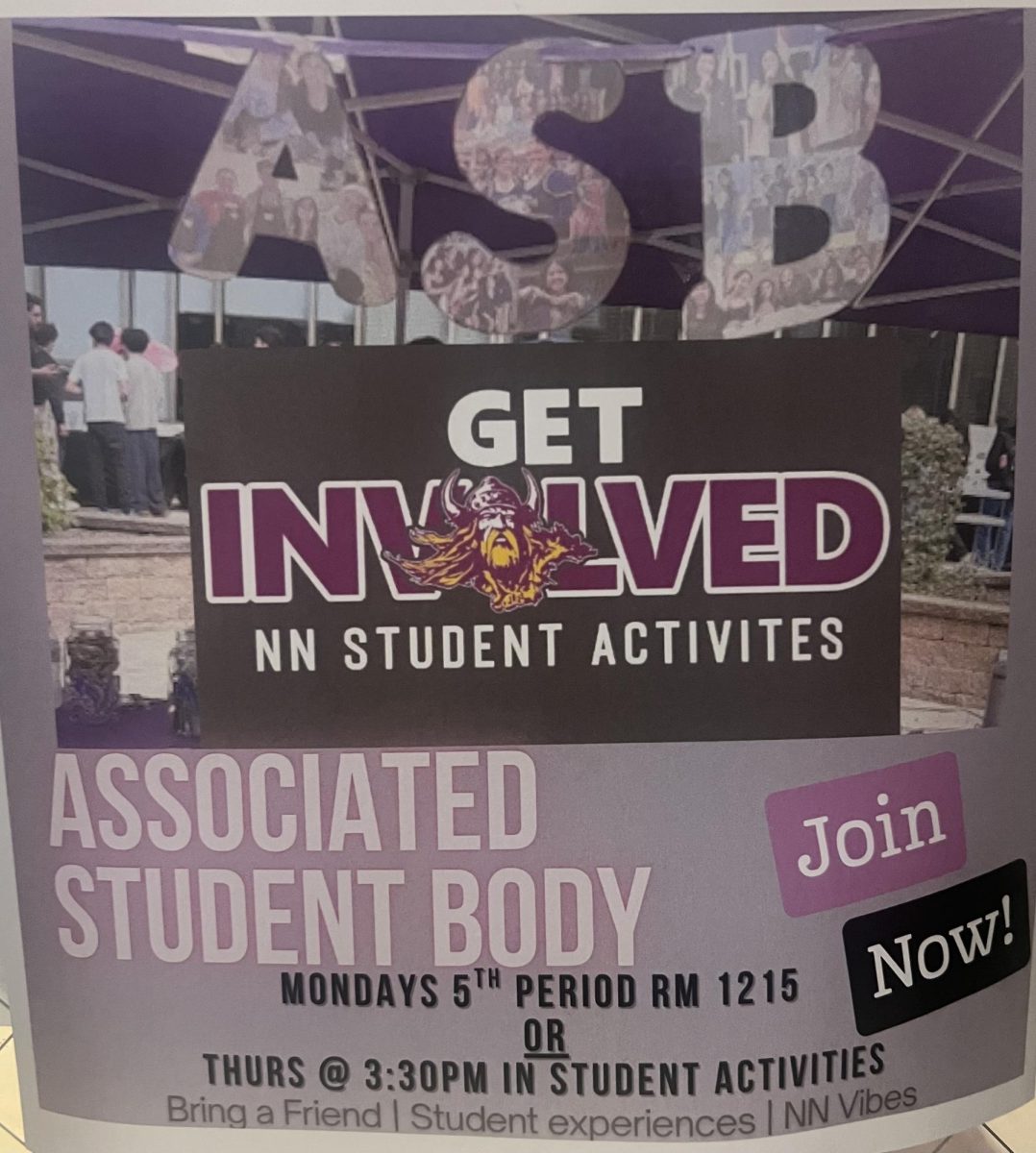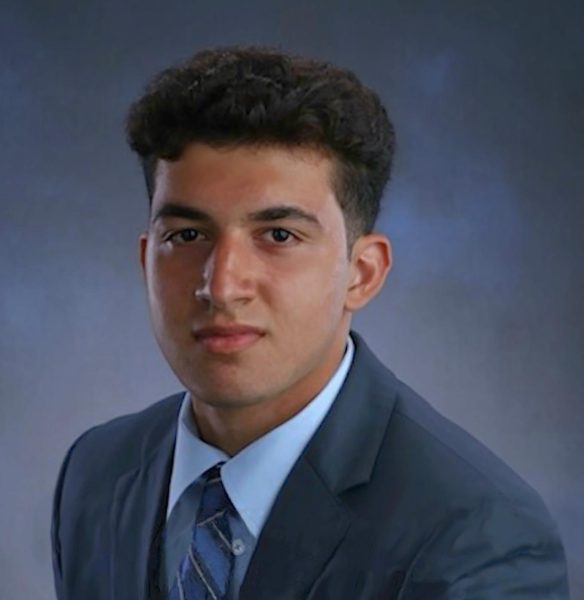On Feb. 22, Illinois House Representative Jan Schakowsky came and spoke to Niles North’s AP Government classes. Being face to face, in the flesh with a tenured and distinguished politician of one of the highest levels of Federal Government was a fascinating opportunity. It also opened my eyes to the fact that while our congresspeople represent us, we oftentimes feel disconnected and unfamiliar with them.
Ignited with curiosity, and in pursuit of further understanding what drives our House Representatives and Senators, what their day-to-day lawmaking processes look like, and what their stances are on the issues most pressing to our student body, I reached out with 4 questions to the office of Senator Dick Durbin, who has not only represented Illinois in the United States Senate for nearly 30 years but is one of the most distinguished and influential figures in Washington. A press secretary from Durbin’s office was able to get thoughtful, personal written responses to my questions from Durbin himself. I look forward to presenting what will hopefully help to bridge the unfortunate gap between us everyday people and our elected congresspeople.
Given the Senate’s median age of 65, many voters and constituents in the Millennial and Gen-Z age groups are concerned that their issues are not properly addressed by Congress. During the lawmaking process, what sources do you look to for younger perspectives?
When making decisions in the lawmaking process, I often examine how a policy will impact my grandkids long-term. The decisions we make today create the world that my grandkids will live in and their children will grow up in. It’s why I’ve introduced America’s Clean Future Fund Act, legislation that protects our planet and supports job creation; fought to curb gun violence and held hearings in the Senate Judiciary Committee on the issue; and worked to lessen the burden of student loan debt.
Speaking of which, the cost of college education has escalated over the past decades, leaving many Americans in insurmountable debt. What measures and policies can be realistically implemented to reform the cost and model of American higher education?
The weight of student debt is crushing Americans, preventing them from buying a home, starting a family, and saving for retirement. I support President Biden’s efforts to offer student debt relief through loan forgiveness.
In Congress, I’ve introduced the Student Loan Borrower Bill of Rights Act to ensure struggling student loan borrowers are treated fairly and understand the full range of repayment options and resources available to them. The legislation would create consistent servicing and disclosure standards across both private and federal student loans, helping to streamline the process for borrowers while offering them protection. I’ve also worked to crack down on predatory for-profit colleges, which rake in billions of dollars in federal student aid while providing students with a near-meaningless degree and a pile of debt.
Gridlock has always been a part of the lawmaking process, but with increasing political polarization, it feels like it has become a bigger and bigger obstacle for Congress to get things done. With the way things are trending, it doesn’t look like it will resolve itself anytime soon. How do you reassure Americans who feel their interests are not being put first? And how do you think these increasing moments of gridlock can be resolved?
Congress has become more polarized in recent years. It’s a shame that political discourse can so easily derail progress on legislation, and I wish that was not the case. However, there are still areas that Republicans and Democrats can meet in the middle on. I was an outspoken advocate of the Infrastructure Investment and Jobs Act, which received bipartisan support in the Senate. Drafted as a way to boost our economy after the pandemic, this hallmark legislation will sustain infrastructure projects and create jobs for years to come.
My trips around the state also keep me connected to the needs of my constituents. I bring those concerns and ideas Illinoisans share with me back to Washington in hopes of passing legislation that will directly address their needs. A trip to Carbondale last year and a meeting with the Mayor inspired my Promoting Dental Health Act, which I introduced with Republican Senator Roger Marshall of Kansas earlier this year.
Everyone knows the distinguished Senator Dick Durbin, routinely on shows like Meet The Press and This Week discussing political values and agenda, but what does the personal side of Dick Durbin look like? What do you like to do on your days off? Favorite hobbies, foods, sports teams?
I return to Illinois every weekend. My wife, Loretta, and I spend our downtime enjoying the company of our grandkids, grabbing dinner with friends, or tracking baseball stats as spring training kicks off. I also have shelves buckling under the weight of the books I’ve read.









